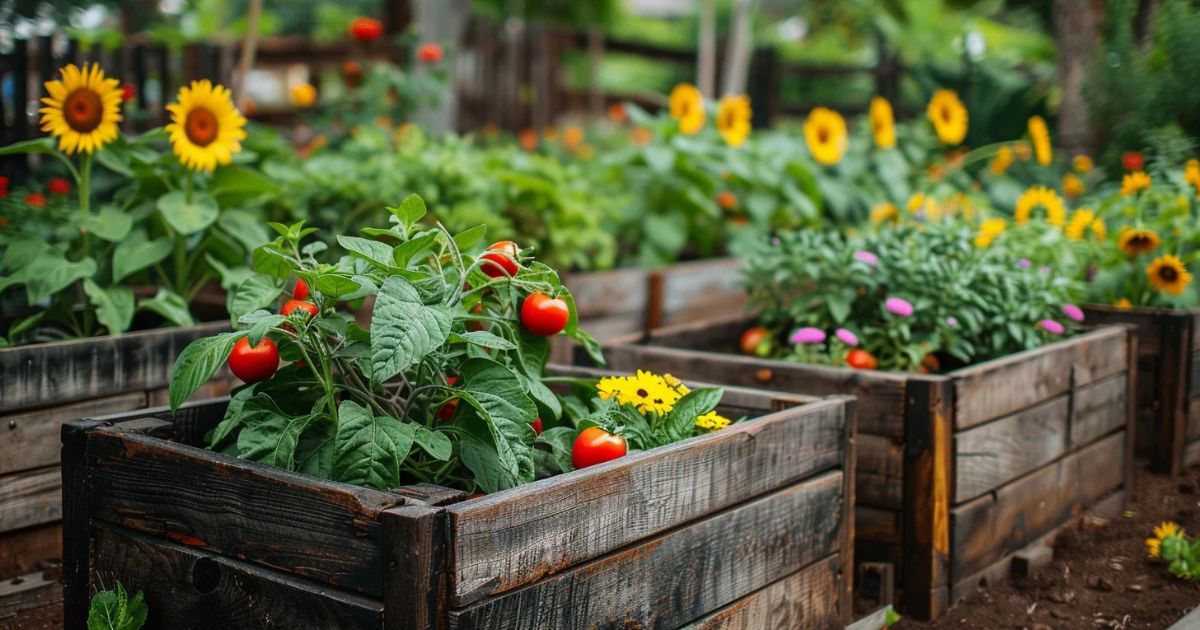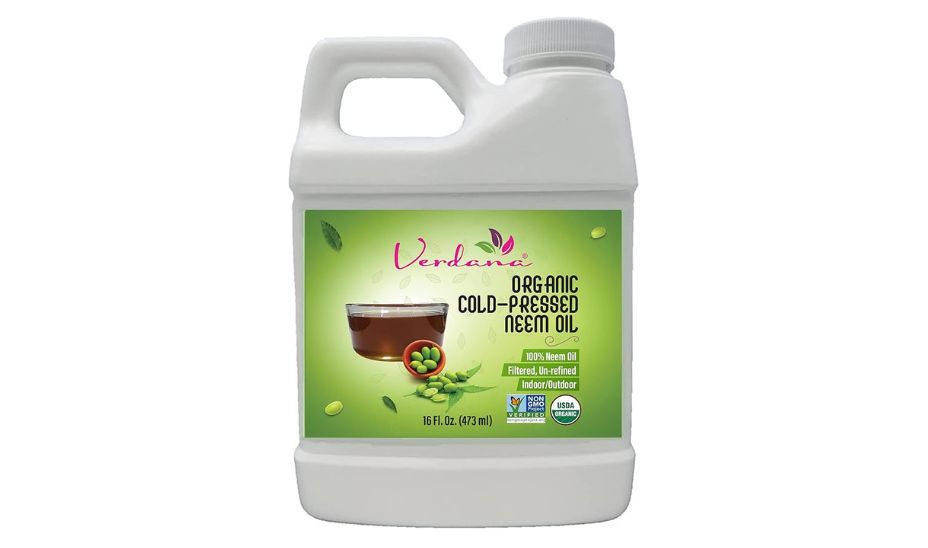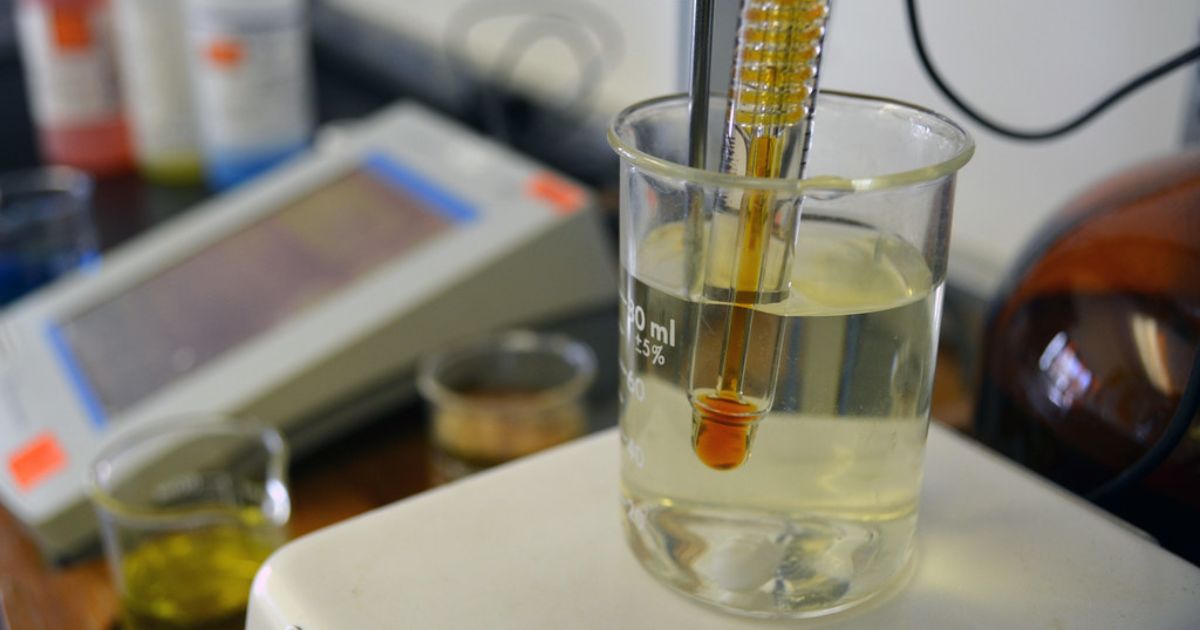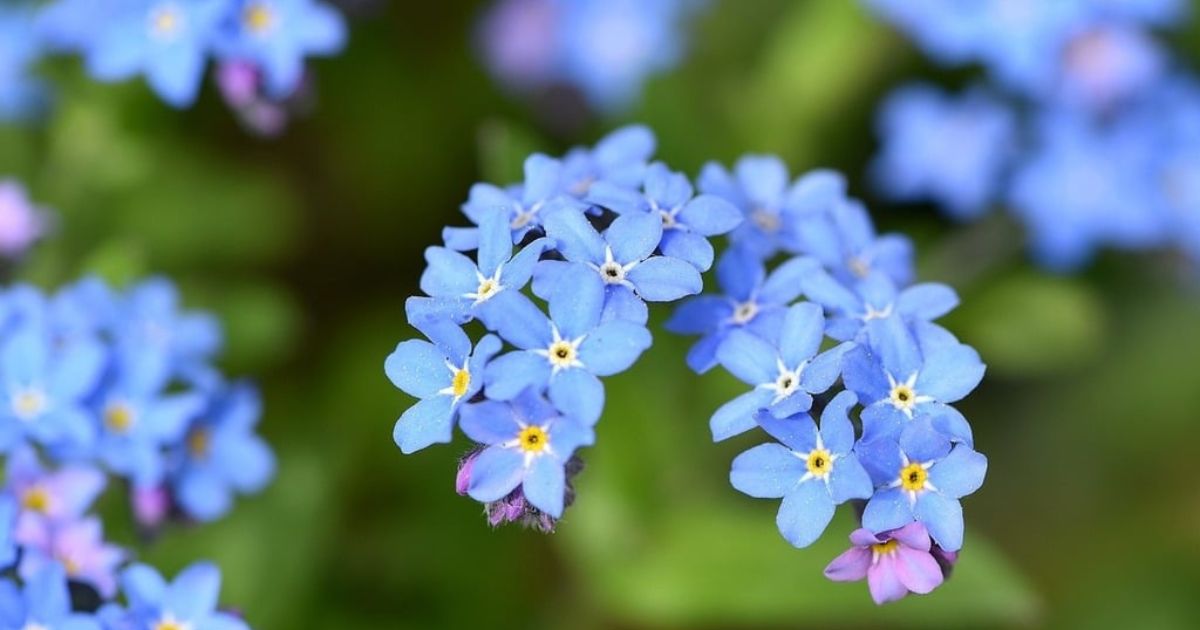
Sustainable Gardening Practices for Beginners
Gardening is more than just a hobby—it’s a way to connect with nature and contribute to a healthier planet. Sustainable gardening focuses on practices that conserve resources, protect the environment, and create thriving ecosystems. Whether you’re new to gardening or looking to make your garden more eco-friendly, here are some beginner-friendly sustainable gardening tips to get you started.
1. Choose Native Plants
Native plants are well-adapted to your local climate, soil, and ecosystem, making them easier to grow and maintain. They require less water, fertilizer, and pest control compared to non-native species. Research native plants in your area and incorporate them into your garden to support local wildlife and pollinators.
2. Start Composting
Composting is a simple way to recycle kitchen scraps and garden waste into nutrient-rich soil. You can start a compost pile in your backyard or use a small compost bin for limited spaces. Common compostable items include:
- Fruit and vegetable scraps
- Coffee grounds
- Eggshells
- Grass clippings
- Dry leaves
Avoid adding meat, dairy, or oily foods, as these can attract pests.
3. Conserve Water
Water is a precious resource, and conserving it should be a priority in your garden. Here are some water-saving tips:
- Use mulch to retain soil moisture and reduce evaporation.
- Water early in the morning or late in the evening to minimize water loss due to heat.
- Collect rainwater in barrels to use for irrigation.
- Choose drought-tolerant plants that require less water.
4. Practice Organic Gardening
Avoid synthetic fertilizers and pesticides that can harm the environment. Instead, opt for organic alternatives such as:
- Compost
- Natural pest deterrents (like neem oil or garlic spray)
- Companion planting (e.g., marigolds repel harmful insects, and basil enhances tomato growth)
5. Reduce, Reuse, Recycle
Minimize waste in your garden by repurposing items you already have. Examples include:
- Using old containers as planters
- Creating garden beds from reclaimed wood
- Recycling plastic bottles into DIY watering tools
Be creative and think about how everyday items can find new life in your garden.
6. Support Pollinators
Pollinators like bees, butterflies, and hummingbirds are essential for healthy ecosystems. Create a pollinator-friendly garden by:
- Planting a variety of flowering plants that bloom at different times of the year.
- Avoiding chemical pesticides that can harm pollinators.
- Providing water sources, like shallow dishes with water and pebbles for bees to rest on.
7. Grow Your Own Food
Growing your own fruits, vegetables, and herbs is a rewarding way to reduce your carbon footprint. Start with easy-to-grow crops like:
- Tomatoes
- Lettuce
- Basil
- Peppers
Even in small spaces, container gardening can provide a sustainable source of fresh produce.
8. Improve Soil Health
Healthy soil is the foundation of a sustainable garden. Avoid tilling, which can disrupt soil structure and microorganisms. Instead:
- Use methods like sheet mulching or no-dig gardening to maintain soil health.
- Add organic matter, like compost, to improve soil fertility and structure.
9. Adopt Integrated Pest Management (IPM)
Integrated Pest Management is a sustainable approach to controlling pests. It involves:
- Monitoring pest levels and identifying problems early.
- Encouraging natural predators like ladybugs and birds.
- Using physical barriers, like netting, to protect plants.
- Applying organic or biological controls only when necessary.
10. Limit Lawn Areas
Traditional lawns often require significant water, fertilizers, and maintenance. Replace parts of your lawn with:
- Native ground covers
- Wildflowers
- Garden beds
This creates a more sustainable and biodiverse landscape.
Final Thoughts
Sustainable gardening is all about working with nature rather than against it. By adopting these practices, you can create a beautiful, productive garden that supports the environment and reduces your ecological footprint. Start small, make gradual changes, and enjoy the satisfaction of knowing your garden is making a positive impact.



